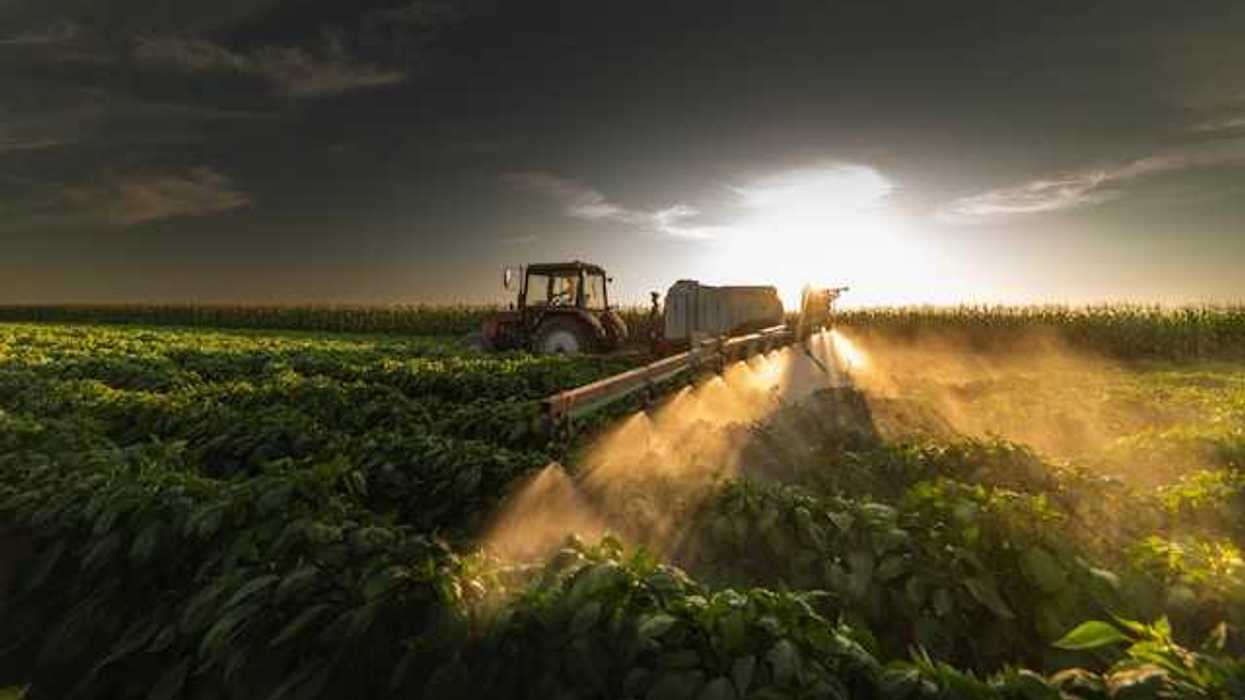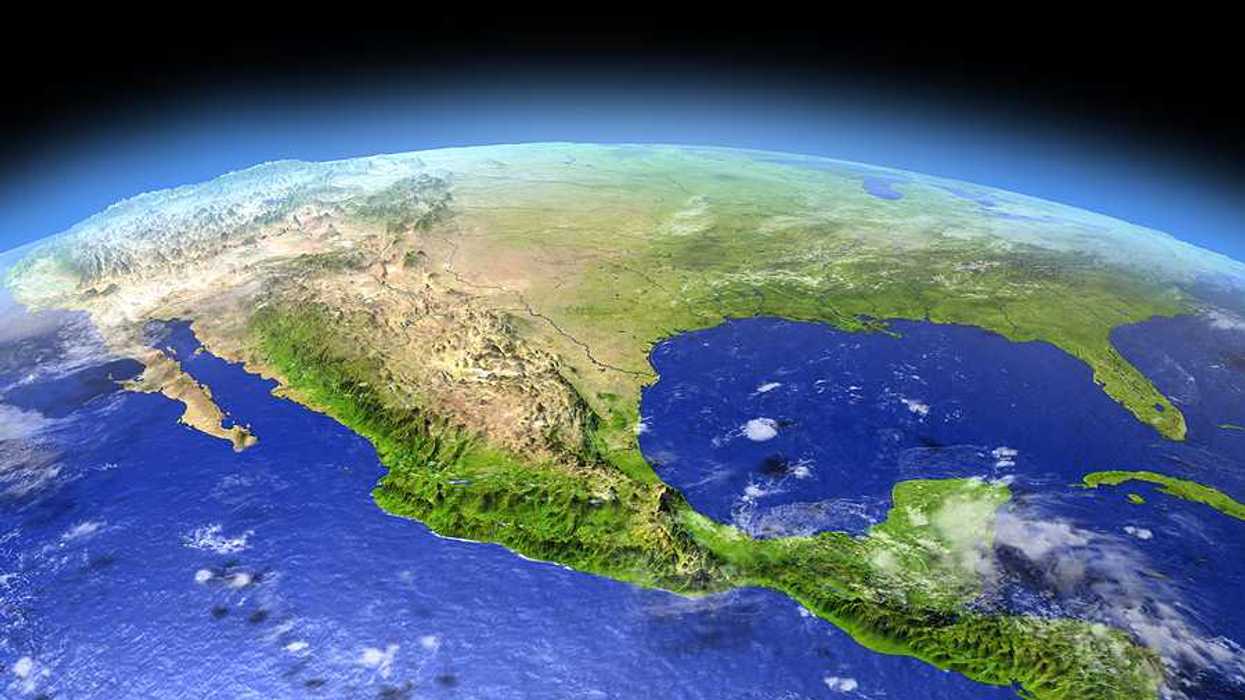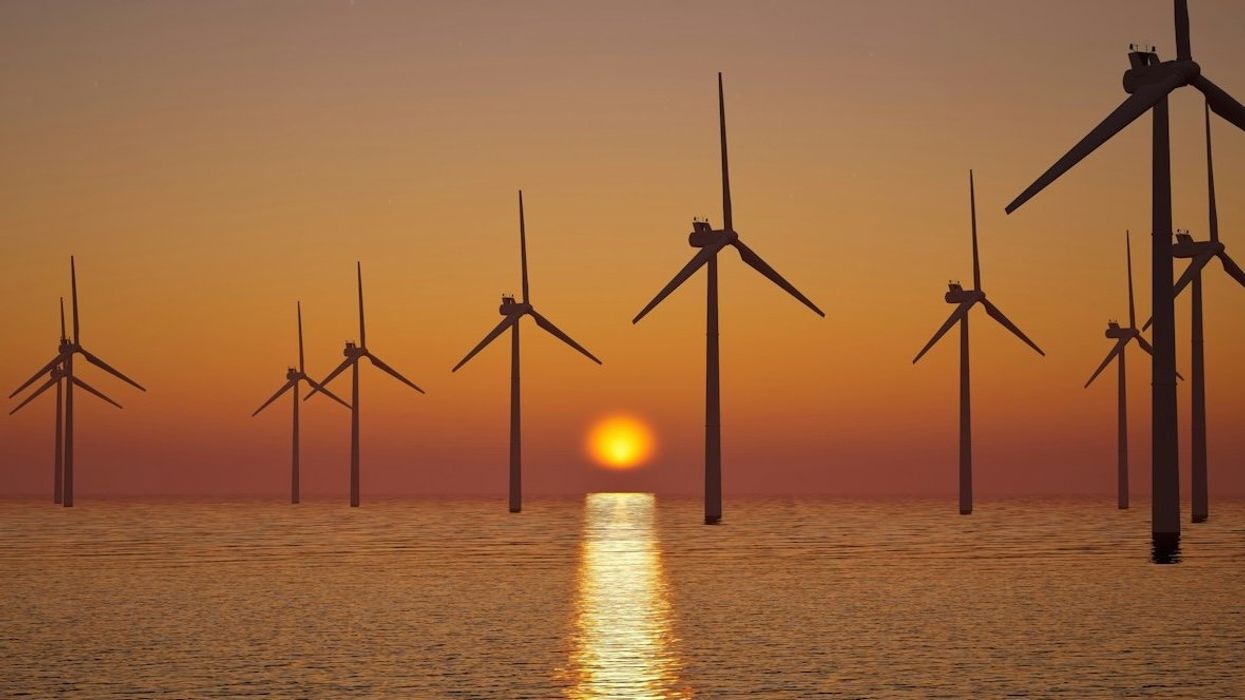Amid new federal efforts to mitigate pollution in "Cancer Alley," a legal challenge threatens the progress on environmental justice.
Victoria St. Martin reports for Inside Climate News.
In short:
- The EPA's new rules aim to cut toxic emissions from industrial plants by up to 96%, potentially reducing cancer risks in areas like Reserve, LA.
- Republican attorneys general challenge these rules, arguing they involve racial discrimination under civil rights law.
- Local residents and environmental advocates express mixed feelings, fearing setbacks due to ongoing legal disputes.
Key quote:
“It’s not a coincidence that the states who signed onto this petition have problematic records of allowing industrial activity to harm low-income communities of color. And now, instead of honoring their obligation under this statute, they’re trying to undermine it.”
— Debbie Chizewer, managing attorney with the advocacy group Earthjustice
Why this matters:
Louisiana’s “Cancer Alley” has the grim distinction of having the nation’s highest levels of carcinogen-laced air. If legal opposition to EPA’s efforts to mitigate pollution successfully stalls or weakens the federal initiatives, the residents of "Cancer Alley" may face continued exposure to harmful pollutants, which can lead to a host of chronic health issues. On the other hand, a victory for environmental justice could strengthen regulatory frameworks nationwide, setting a precedent for future battles against industrial pollution.














